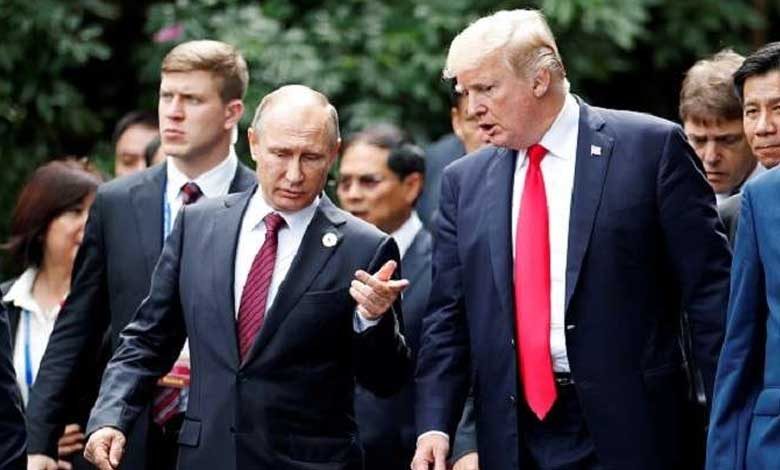US: Russia accessed to Trump election data in 2016

Why was a business associate of campaign chairman Paul Manafort given internal polling data-and what did he do with it? This question was one of the more asking in the investigation about possible links between Russia and Donald Trump’s 2016 presidential campaign.
On Thursday, a Treasury Department statement presented a potentially significant proof, affirming that Konstantin Kilimnik, a Russian and Ukrainian political consultant shared sensitive campaign and election information with Russian intelligence services.
US officials have claimed that Kilimnik is having relations to Russian intelligence. However; the statement in a wider Treasury Department sanctions announcement was in first time that the US government makes directly links from the Trump campaign to the Kremlin’s intelligence services.
Surprising revelation
That information was the more amazing since it surpassed any claim made in either special counsel Robert Mueller’s 2019 report or in an even more critical and detailed document published last year by the Senate Intelligence Committee. The two investigations could not determine if Kilimnik shared the information later.
The matter reappeared again on Thursday since Kilimnik was one of 32 people and entities sanctioned by the US government for intervention in the 2020 polling. Whereas, officials declares that Kilimnik tried to promote the false story that Ukraine, not Russia, had interfered in the 2016 election.
In Mueller’s investigation about potential coordination between Russia and the 2016 Trump campaign, Kilimnik was an important but mysterious personality. Kilimnik, a business associate of Manafort’s who worked closely with him, even managing his firm’s office in Kyiv, is cited 156 times in the Mueller report. He was also accused with Manafort about witness interfering claims, however; he has not appeared in the US to deny those accusations. For any information leading to his arrest, the FBI has published a $250,000.
Sharing data with Kilimnik
Mueller’s an important episode exanimated involved Manafort’s decision to share campaign election data with Kilimnik, while prosecutors states that Manafort lied about when he asked about it. Investigators inspected a series of secretive meetings between the men, including one August 2016 session at the Grand Havana Club in New York.
Thus, according to reports provided by Mueller, Manafort informed Kilimnik about internal campaign data and messaging and they debated battlefield states.
Furthermore, the exchange of election data was an eye-catching data point, particularly since it increases questions about that maybe Russia could have exploited like inside information to target influence campaigns intended to boost Trump’s election bid in 2016.
Nevertheless, Mueller’s group said it couldn’t reliably determine Manafort’s purpose in sharing it, and no assess what Kilimnik may have done with it–in part due to questions over Manafort’s credibility. The Senate committee also was empty; even its report show attention for its characterization of Kilimnik as a Russian intelligence officer.
Indeed, it was unclear what new information, if exist, led to the Treasury Department’s valuation that Kilimnik had provided the Russian Intelligence Services with sensitive information on polling and campaign strategy.












